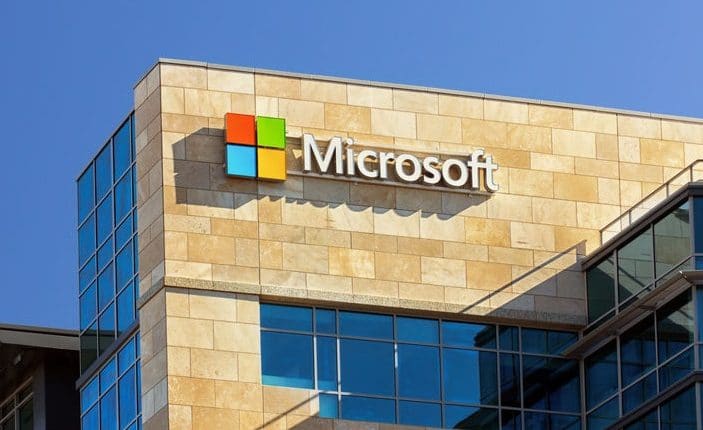Marking an epilogue to the tumultuous OpenAI-Sam Altman saga, tech behemoth Microsoft will now — quite prophetically — be joining OpenAI’s board of directors as a non-voting observer. This development comes on the heels of Sam Altman’s reinstatement to the post of CEO of OpenAI.
Altman, following his return to the AI firm, disclosed the development on Wednesday in a blog post. In the blog post, Altman wrote, “have never been more excited about the future,” adding that he is “extremely grateful for everyone’s hard work in an unclear and unprecedented situation.”
Now that Microsoft has been added as a non-voting observer to OpenAI’s board, the company will be able to have more visibility into the company’s inner workings. However, it will not have an official vote in big decisions, such as director elections, and continue to be a non-intrusive but influential participant.
Microsoft’s move to join OpenAI as an observer on the board of directors – after several of the previous members of the board has left – reflects an awareness of the important of corporate governance in the rapidly-evolving AI landscape. It also aligns with previous statements of Microsoft CEO Satya Nadella -after Altman had been surprisingly ousted as CEO earlier this month – at that time, Nadella noted that there is a need for governance changes within the AI firm.
Some of the more familiar names to return to the board include Mira Murati and Greg Brockman. Mirati had been named the interim CEO following Altman’s ouster, and following his return, has returned to the former post of the company’s CTO. Another returning face is OpenAI co-founder Greg Brockman, who will once more take up the post of the company’s president after he quit in protest over Altman’s firing.
The backdrop against which Microsoft assumes this strategic role is the recent reinstatement of Sam Altman as CEO of OpenAI. Altman’s return came after a period of uncertainty and boardroom upheaval, further complicated with investor outcry and employee solidarity regarding the surprising ouster, and emphasizing the need for stability and strategic alignment within the company. The restructuring of OpenAI’s board, with Bret Taylor as chair and Larry Summers as a prominent member, sets the stage for a renewed focus on governance and strategic decision-making.
For those who need an introduction, Bret Taylor is the former co-CEO of Salesforce (and will now be the chairman) while Larry Summers is the former US treasury secretary. They will be joined by Adam D’Angelo, who has retained his seat at the board, and all of them will be charged with building a more permanent, qualified, and divisive board, amongst other things. He added that the company will “enhance the governance structure of OpenAI.”
Furthermore, in a bid to “further stabilize the OpenAI organization,” Taylor added that OpenAI will also convene an “independent committee of the board to oversee a review of the recent events.”
“It’s important that people get to experience the benefits and promise of AI, and have the opportunity to shape it,” Altman said. “We continue to believe that great products are the best way to do this. I’ll work with [OpenAI leadership] to ensure our unwavering commitment to users, customers, partners and governments around the world is clear.”
As OpenAI charts its course with Microsoft as a nonvoting observer, questions arise about the implications for the company’s autonomy and collaborative efforts. Striking a delicate balance between leveraging Microsoft’s expertise and maintaining an independent trajectory will be a key challenge for OpenAI’s leadership. And Microsoft – which is currently the biggest investor of the AI firm with an investment of nearly $13 billion – will be able to stay closely aligned with OpenAI’s developments, fostering synergies and potentially influencing the trajectory of AI advancements.
The Tech Portal is published by Blue Box Media Private Limited. Our investors have no influence over our reporting. Read our full Ownership and Funding Disclosure →






